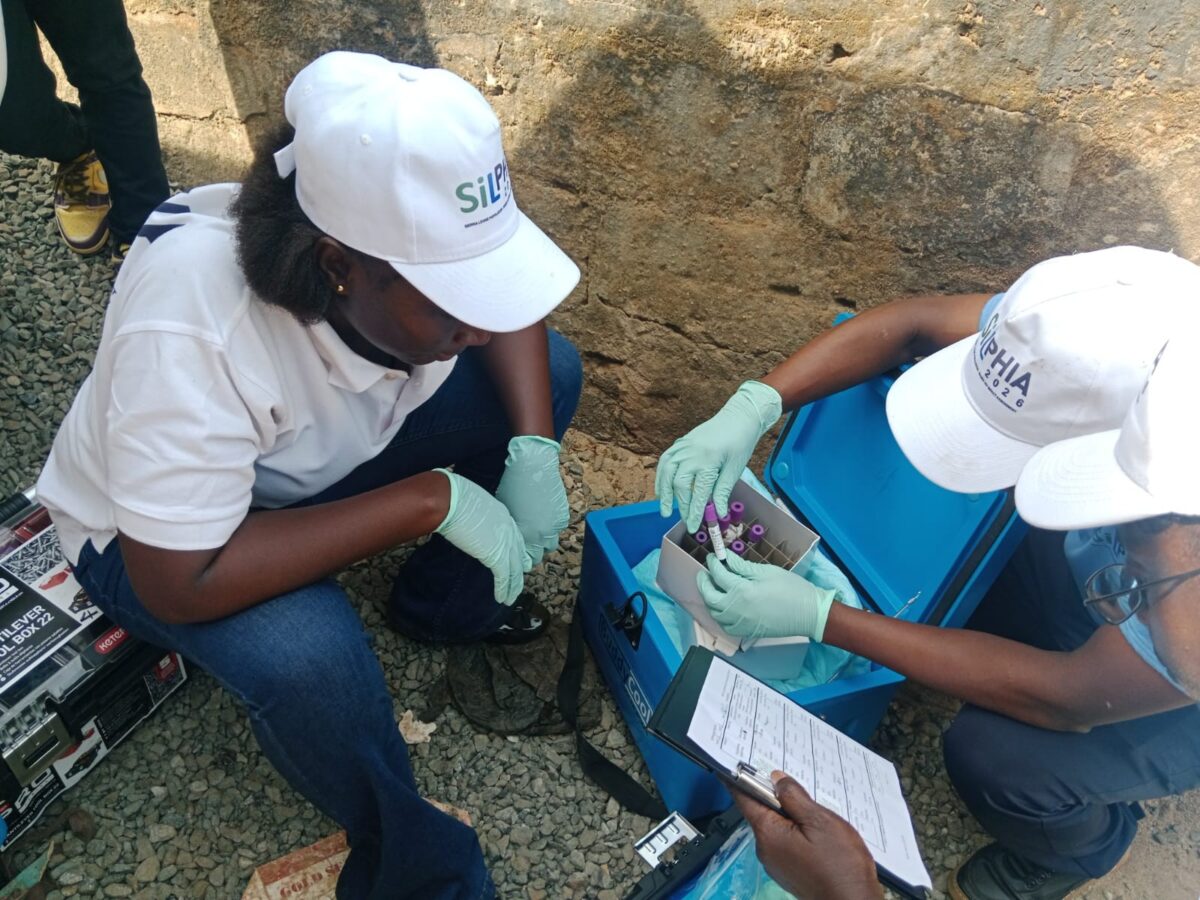A new report entitled, Nurses & Midwives: The Frontline Against HIV/AIDS, is available from ICAP. This report includes highlights and lessons learned from ICAP’s work with nurses and midwives throughout Africa in the global response to AIDS.
The HIV epidemic has forced a critical re-appraisal of how health systems can deliver the high quality services. While the number of people receiving HIV care and treatment in sub-Saharan Africa has increased almost a hundredfold in the past 10 years, this remarkable advance has been achieved against a backdrop of persistent, critical challenges related to health facilities, the health workforce, and overall health systems. Despite the progress, tens of millions of people living with and affected by HIV in the region still depend on underresourced health systems for their health and well-being.
Since 2003, ICAP has been working to position nursing and midwifery professions at the center of both health services and the health system in order to achieve the goals of the global HIV response. The report includes ICAP’s work sustaining the nursing workforce, improving working conditions, empowering nurses as agents of change, placing nurses at the heart of multi-disciplinary teams, strengthening regulatory frameworks, improving nursing education, and fostering pan-African nursing leadership, so that nurses are regionally connected and internationally supported as shapers of opinion, policy and practice.
The lessons learned from ICAP’s work in partnership with ministries of health and other in-country organizations as well as with nursing schools and nursing/midwifery organizations can inform the way forward, as health practitioners use the scale-up of HIV care to strengthen health systems more broadly.







